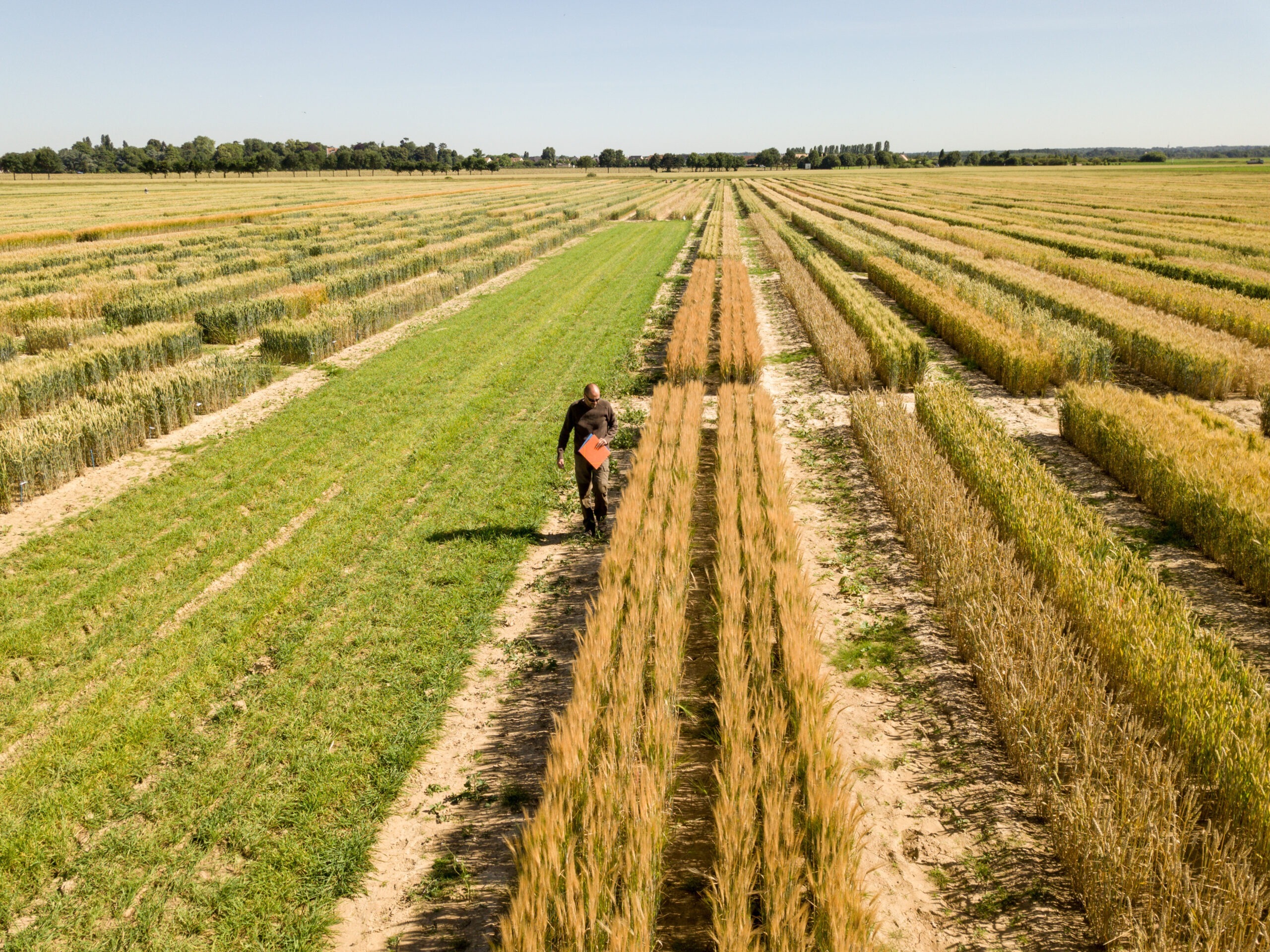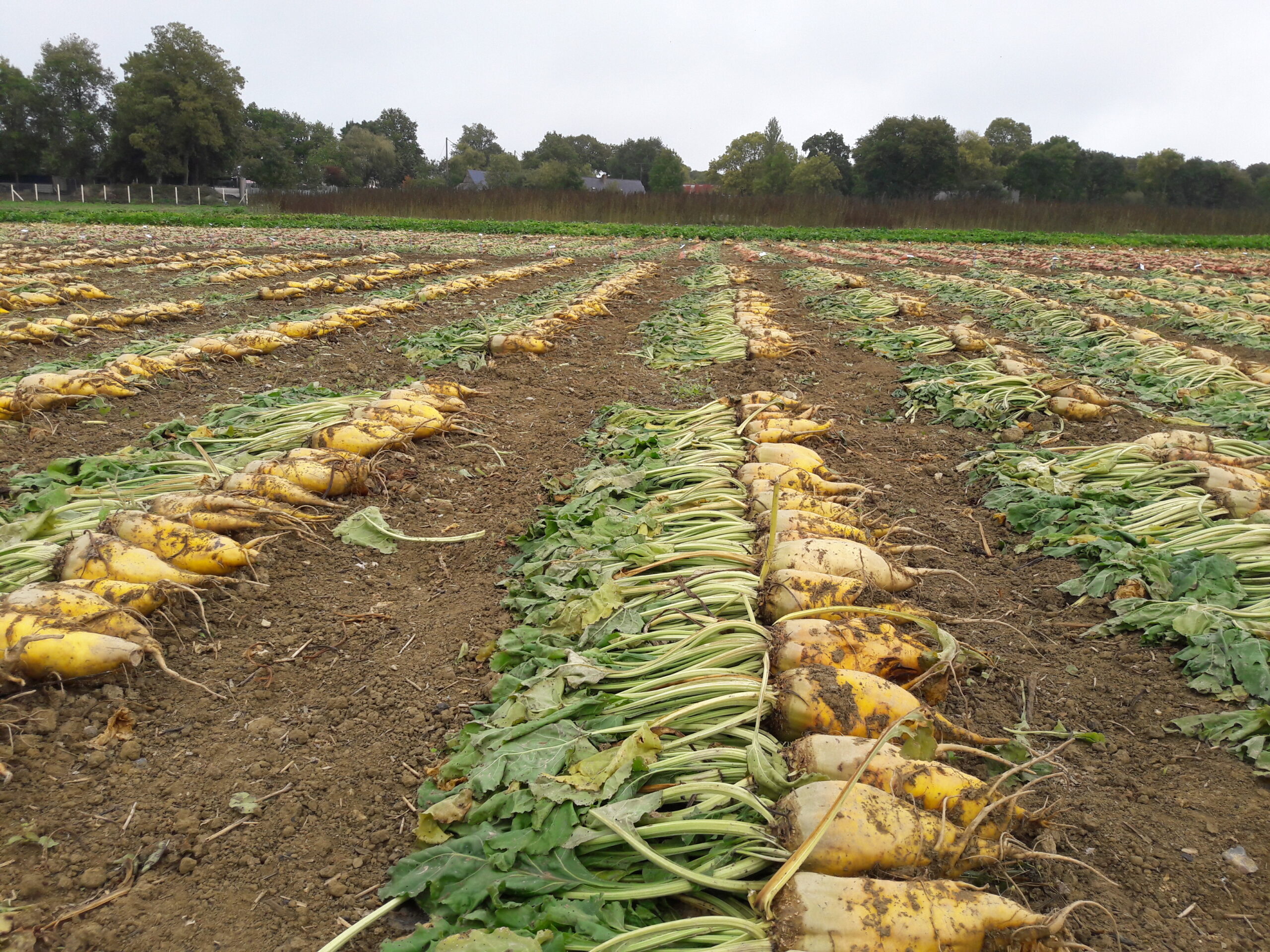Back to mapClose

 See more
See more
Registration of varieties

Mandatory and regulated registration
Providing seed users with reliable information on varieties, guarantees on the quality of purchased products, legal protection, and encouraging healthy competition between seed companies.
9,000
Total number of varieties listed in the official catalogue of plant species in France
Why list a variety in the catalogue?
First, to be marketed in the European Union, any new variety of a species regulated at Community level must be registered in an official national catalogue. The European catalogue is compiled from the national catalogues. This ensures that each variety is unique compared to those already present and that it has adequate agronomic and technological value.
The official catalogue of plant species and varieties cultivated in France lists the characteristics of each registered variety: it is thus used to distinguish varieties within the same species. The catalogue is a control tool that provides the user (farmer or gardener) and all agricultural and agri-food sectors with guarantees on the characteristics and agronomic, technological, and environmental performance of purchased seeds.
Directing genetic progress
Some species are very important for food processing industries. This is the case for soft wheat for bread, beetroot for sugar, sunflower for oil, etc. It is therefore essential that the seeds offer a potential that matches their expectations. Guidelines can then be formulated in the form of thresholds to be reached, set in particular by the State in close collaboration with economic stakeholders. The Ministry of Agriculture has therefore set out these guidelines in a strategic plan and they are implemented within the Permanent Technical Selection Committee (CTPS). These guidelines are managed collegially because their aim is the public interest. For example, the development of varieties tolerant to certain diseases is one of the aspects being worked on.

What tests are required for registration?
A variety must be distinct from varieties already registered in the European Union; uniform between individuals of the variety; and stable over time. This is called DUS (Distinctness, Uniformity, Stability). It allows for the creation of an identity card for the variety so that it can be distinguished from among others or its identity can be confirmed for marketing purposes
In field crops, the variety undergoes value for cultivation, use and sustainability (VCUS) tests. It must demonstrate improved cultivation (yield), use (suitability for bread-making, oil extraction, sugar milling etc.) and sustainability (disease resistance, adaptation to limiting conditions, etc.) characteristics in order to meet the expectations of farmers, sector stakeholders and public policy objectives. For 2 or 3 years, the tests are carried out by an official body that ensures data quality and the pooling of trials. The results of these tests determine registration in the catalogue.
How much does it cost to register in the catalogue?
The cost of registering a variety ranges from €590 for old varieties to more than €12,000 for recent agricultural varieties, depending on the extent of the tests required by the State. For a seed breeder, even a medium-sized one, this cost is insignificant compared to the R&D investments for the variety (which represent several hundred thousand euros and several years of work). Note that registering a variety in the catalogue does not imply intellectual property rights. This is a different procedure.
Who carries out these tests and manages the official catalogue?
These tests are carried out by the Variety Study Sector of GEVES (Group for the Study and Control of Varieties and Seeds). Since 1989, GEVES has been a Public Interest Group that brings together the Ministry of Agriculture, INRAE, and SEMAE (French Interprofessional Organisation for Seeds and Plants). It conducts annual evaluations on 66 groups of species within trial networks spread across France.
The CTPS (Permanent Technical Committee for Selection) advises and supports the Ministry of Agriculture in implementing its policy on varieties, seeds, and plants. It proposes varieties for registration, while the Ministry is responsible for their registration.

4,000
Varieties are registered in the common European catalogue of agricultural and vegetable species
What registration for old varieties?
For so-called conservation varieties, adapted to local conditions and threatened by genetic erosion (landraces or local varieties), restrictions are provided to facilitate their registration. However, they must be multiplied in the region in which they are historically found and respect a volume limit. This makes it possible to preserve and sustainably use these genetic resources.













